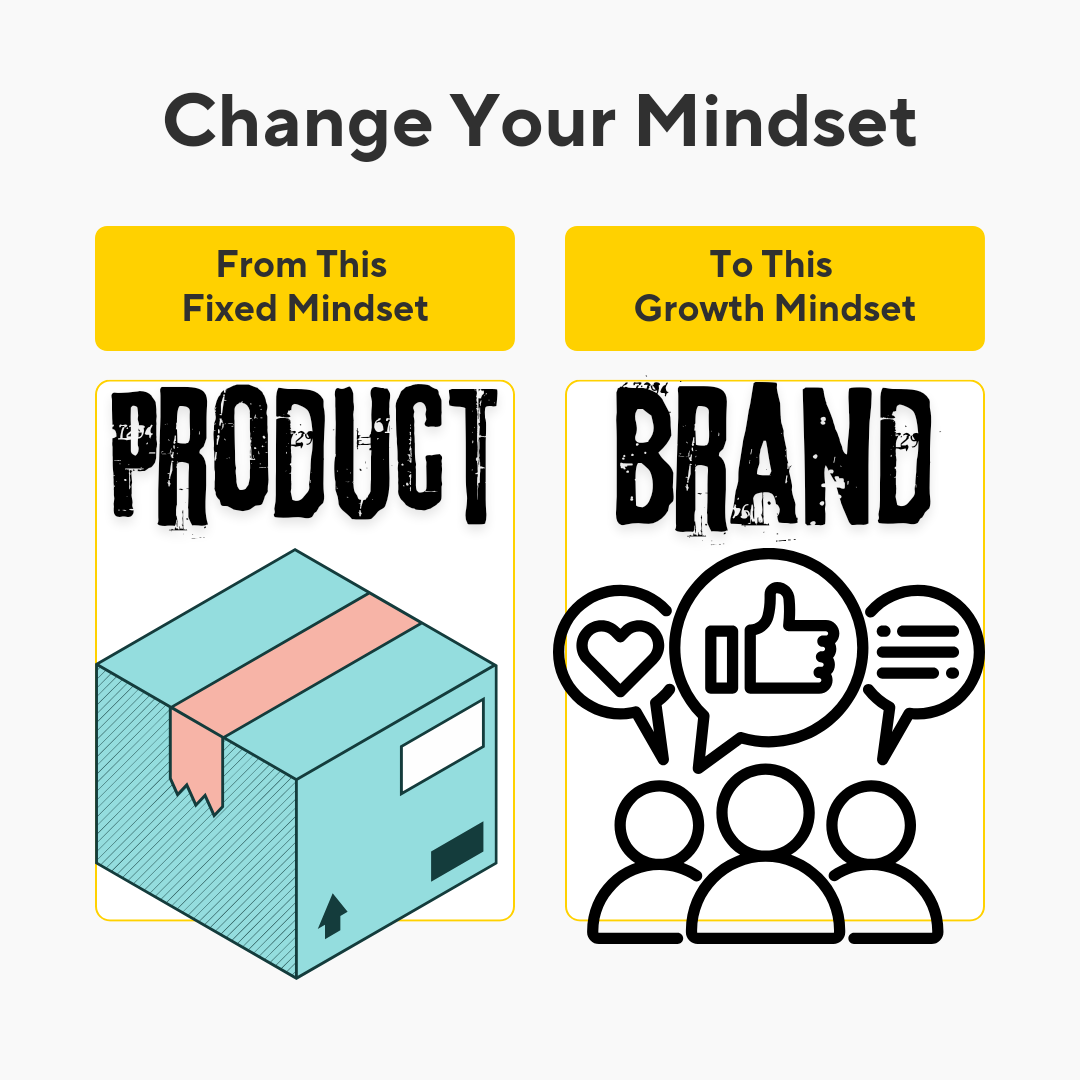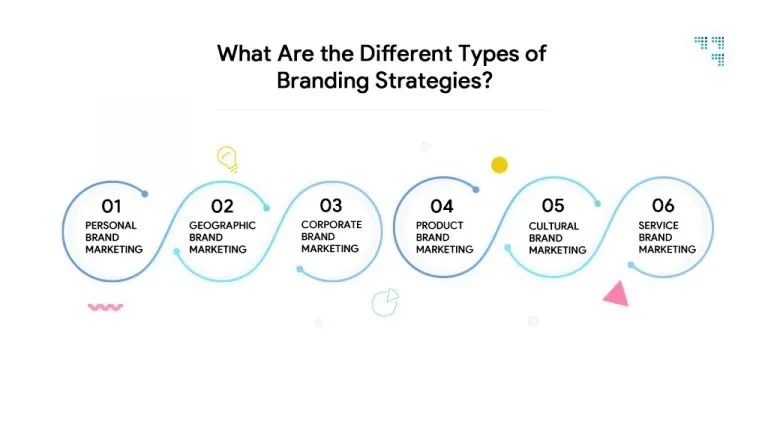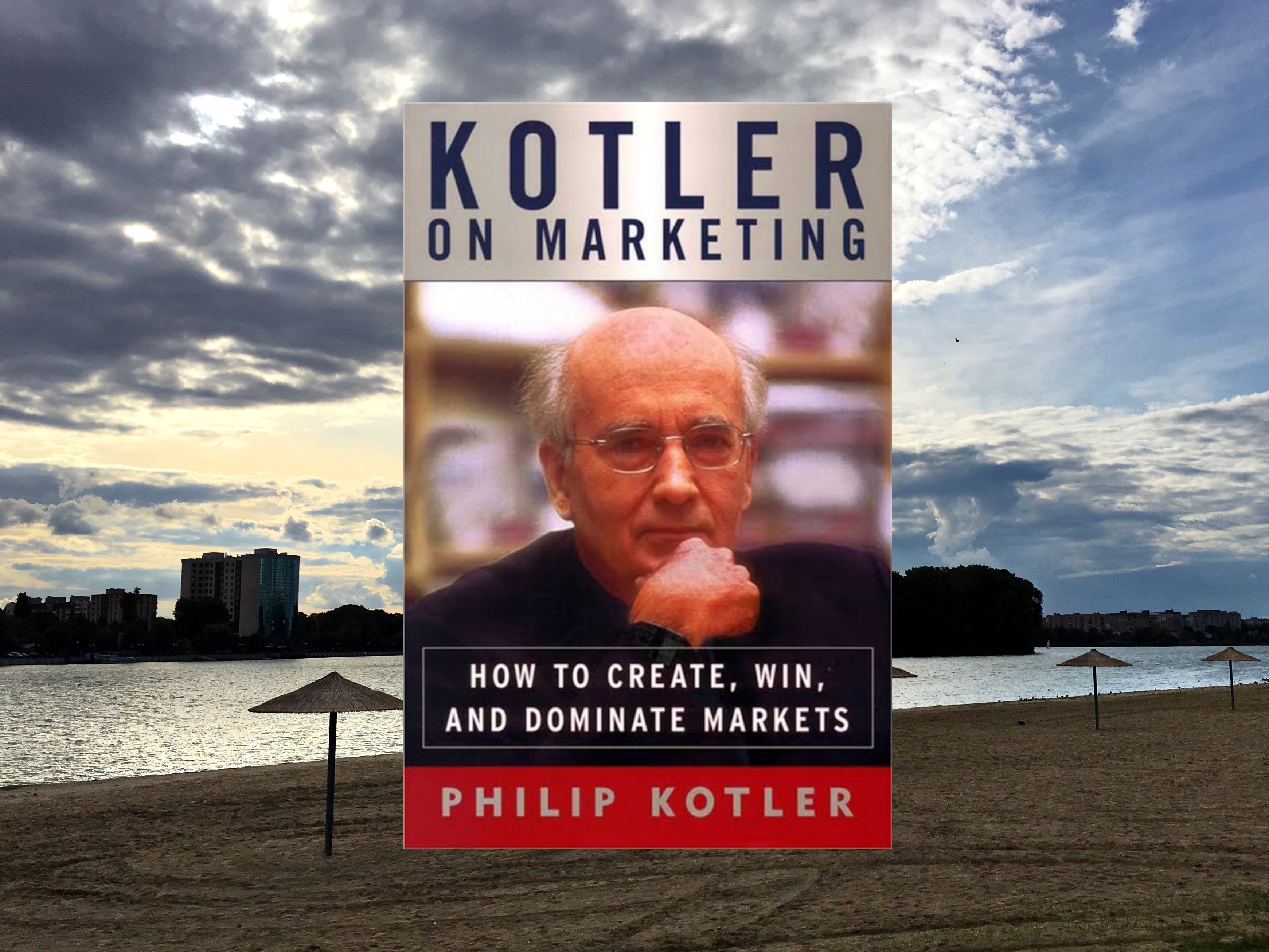Back
SHIV DIXIT
CHAIRMAN - BITEX IND... • 1y
📖 DAILY BOOK SUMMARIES 📖 🚀 18 Lessons from 👉 🔥 Marketing Management 🔥 ✨ By Philip Kotler ✨ 1. The Marketing Concept • Marketing management is focused on customer satisfaction as the path to achieving organizational goals. This concept encourages businesses to determine consumer needs and fulfill them more effectively than competitors 2. Market Segmentation, Targeting, and Positioning (STP) • Segmentation: Dividing a market into distinct groups of buyers with different needs, characteristics, or behaviors • Targeting: Selecting which segments to pursue based on their profitability and alignment with the company’s goals • Positioning: Establishing a clear, unique, and desirable place for a product in the minds of the target market 3. The Marketing Mix (4 Ps/7 Ps) • Product: Creating offerings that meet the needs of target markets • Price: Setting prices that reflect the perceived value and are competitive in the market • Place (Distribution): Ensuring that the product is available where and when the customer wants it • Promotion: Communicating the benefits of the product through advertising, sales promotions, public relations, and personal selling • The extended marketing mix includes People, Process, and Physical evidence for service-based industries 4. Understanding Consumer Behavior • The book delves into the psychological, personal, social, and cultural factors influencing purchasing decisions. Understanding consumer motivations and behaviors is essential for effective marketing 5. Creating Customer Value • The core of marketing management is creating superior customer value. This involves delivering quality, service, and price in a way that exceeds customer expectations. Customer value creation is key to driving loyalty and repeat business 6. Branding and Brand Equity • Building strong brands is one of the most important aspects of marketing. A brand represents a promise to the consumer, and brand equity is the value derived from customer perceptions and experiences with the brand. Strong brand equity translates into customer loyalty and the ability to charge premium prices 7. Product Life Cycle (PLC) • Kotler outlines the four stages of a product’s life cycle—introduction, growth, maturity, and decline—and offers strategies for managing each stage effectively to maximize profitability and longevit 8. Innovation and New Product Development: To sustain growth and competitiveness, companies must innovate continually. Kotler emphasizes the importance of the new product development process, from idea generation to product launch, and the role of marketing in bringing innovations to market 9. Competitive Analysis and Strategy • Understanding competitors and developing strategies to differentiate from them is vital. The book highlights Michael Porter’s competitive strategies (cost leadership, differentiation, and focus) and the need for businesses to achieve a competitive advantage Check comment ❓

Replies (2)
More like this
Recommendations from Medial
Account Deleted
Hey I am on Medial • 1y
you are in buisness of branding and not product . when you reach customer they should see the value and emotions you are giving them through brand Centric mindset and not product Centric, -multi millionaire author of ecommerce evolved tanner Larss
See More
Vansh Khandelwal
Full Stack Web Devel... • 3m
In this blog, I explore Kellogg's strategic marketing approaches that have solidified its position as a leading global brand in breakfast cereals and snacks. The analysis emphasizes the significance of place and people, highlighting the importance of
See MoreSHIV DIXIT
CHAIRMAN - BITEX IND... • 1y
Viral Marketing Strategy - 15 “ Few Different types of basic marketing ” 1=} Personal Brand Marketing - When you market your product with the help of any public figure and celebrate then you're creating personal brand image of your product 2=}
See More



Sameer Patel
Work and keep learni... • 1y
The Oreo-Hydrox case study The Oreo-Hydrox case is a classic example of brand competition. Oreo, introduced in 1912, gained immense popularity, overshadowing Hydrox, which debuted in 1908. Despite Hydrox's originality, Oreo's marketing and distributi
See MoreTarun Suthar
•
The Institute of Chartered Accountants of India • 9m
Indian Consumer Market 101 Ever wondered how new-age brands are winning the Indian consumer's heart? Dive deep into the journey of some of the most exciting brands: ✨ Atomberg Technologies 👑 CosMix 🍫 The Whole Truth Foods ✈️ Zostel 🔮 Astrotalk ❤
See MoreKabir Kataria
President - SyncMate... • 11m
What is Marketing? Marketing is more than just selling—it’s about understanding people, creating value, and building trust. It’s the bridge between a brand and its audience, ensuring the right message reaches the right people at the right time. Ef
See More
Mohammed Afthab
Building I'Slice • 1y
Co-Founder/Partner - Ladies Handbag Business Role Overview: The Co-Founder/Partner will work collaboratively to establish, grow, and manage a high-quality ladies' handbag brand from concept to market. This role is ideal for someone passionate about f
See MoreDownload the medial app to read full posts, comements and news.



















/entrackr/media/post_attachments/wp-content/uploads/2021/08/Accel-1.jpg)



















